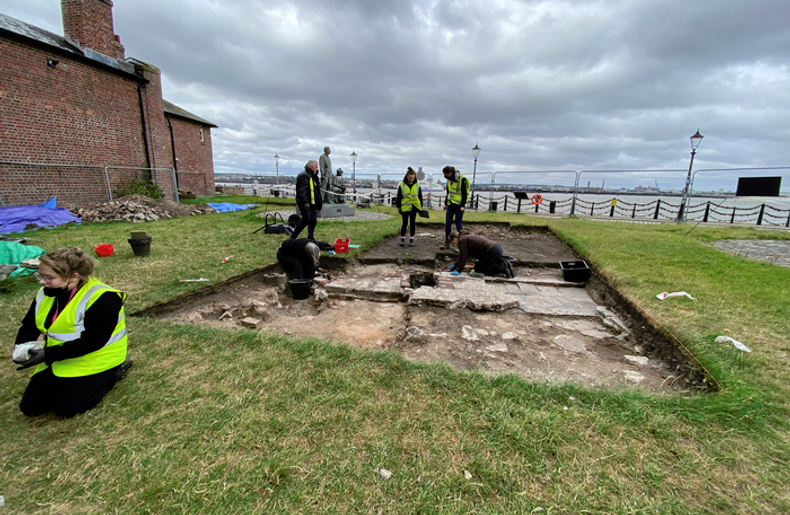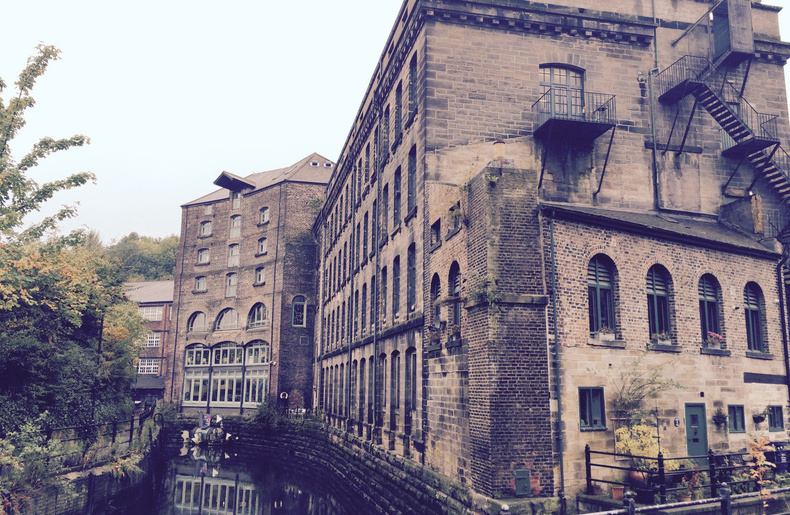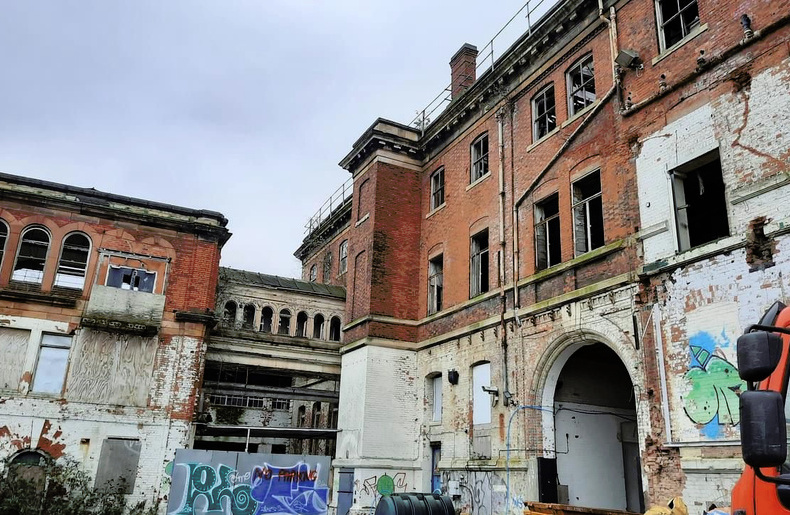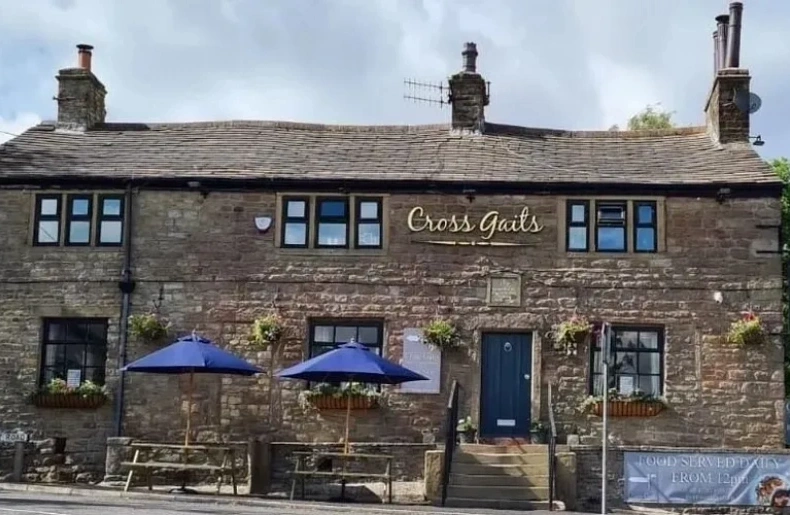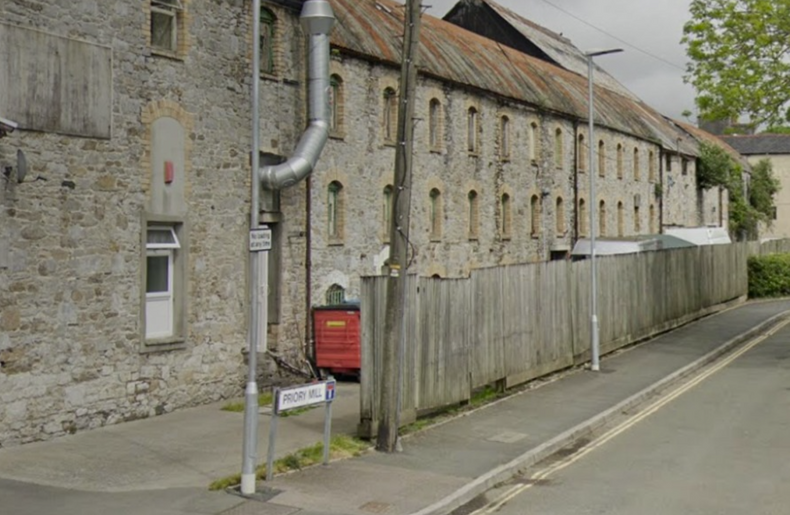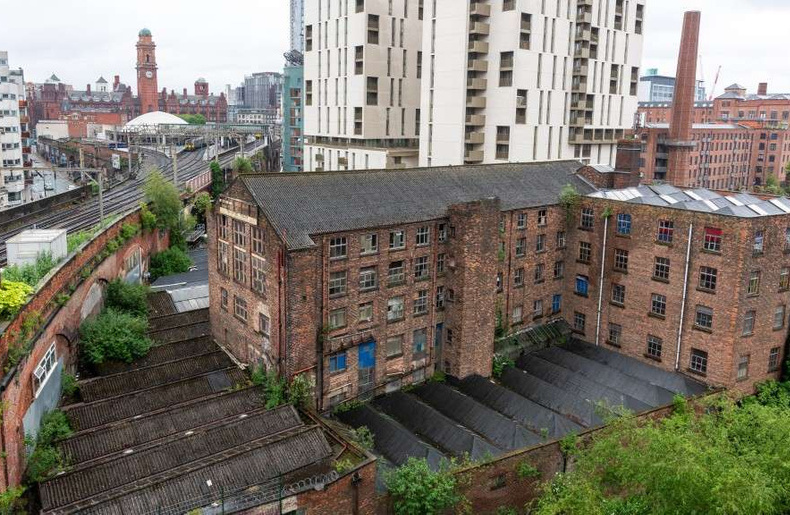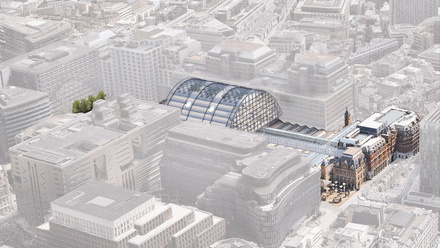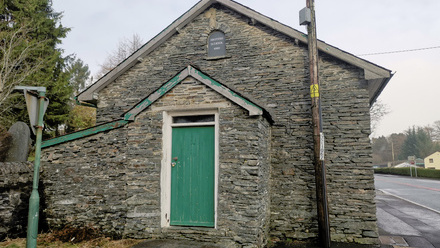Our work
The Council for British Archaeology (CBA) campaigns to ensure archaeology, both above and below ground, is recognised, respected, and integrated into decisions that shape our built environment. We are one of the seven National Amenity Societies with a formal role within the planning system.
Local planning authorities are required to consult us on Listed Building Consent (LBC) applications that involve the partial or total loss of historic fabric, and we are able to choose which LBC applications we comment on and when to provide specialist advice. This allows us to advocate for thoughtful, informed approaches to change that value the stories and character embedded in historic places.
![Teal-Logo-Mottled[24030].png](https://www.archaeologyuk.org/static/746a84b0-3a8a-4728-a5cd3548db622a9a/250x250_highestperformance__4a7c7e45a350/Teal-Logo-Mottled24030.png)
We are able to intervene and offer advice to make sure that important traces of our shared history are not lost among the inevitable and ongoing process of change in the world around us.
We also provide input on planning applications likely to affect buried archaeology. While only a small percentage of archaeology is designated and formally protected, much remains undiscovered. Through our advice, we can ensure appropriate assessment and mitigation are considered when development may disturb significant archaeological remains.
Why It Matters
Every historic building tells a story. Whether it's a chapel at the heart of a Welsh village or a Victorian mill that powered industrial change, these structures are touchstones of community, identity, and continuity.
Our role is not to resist all change, but to ensure change is managed in a way that respects the significance of these places. From adaptive reuse to sustainable repair, we support creative approaches that give buildings a future while retaining the heritage that makes them meaningful.
How We Work
Our casework team reviews more than 5,500 planning applications a year and prioritises those where our advice can have the greatest impact. We work constructively with local authorities, developers, community groups, and other heritage bodies to:
-
Encourage sensitive reuse of historic buildings, recognising the value of embodied carbon and the role reuse plays in supporting sustainability
-
Promote the communal value of historic places and their role in public participation and identity
-
Advocate for better outcomes where development poses harm
Everything we do is made possible by our members, volunteers, partners, and supporters.
Recent Casework
Our Casework Team
Our Buildings Archaeology Casework is made possible with generous funding by the UK Government and Historic England, and Cadw.

